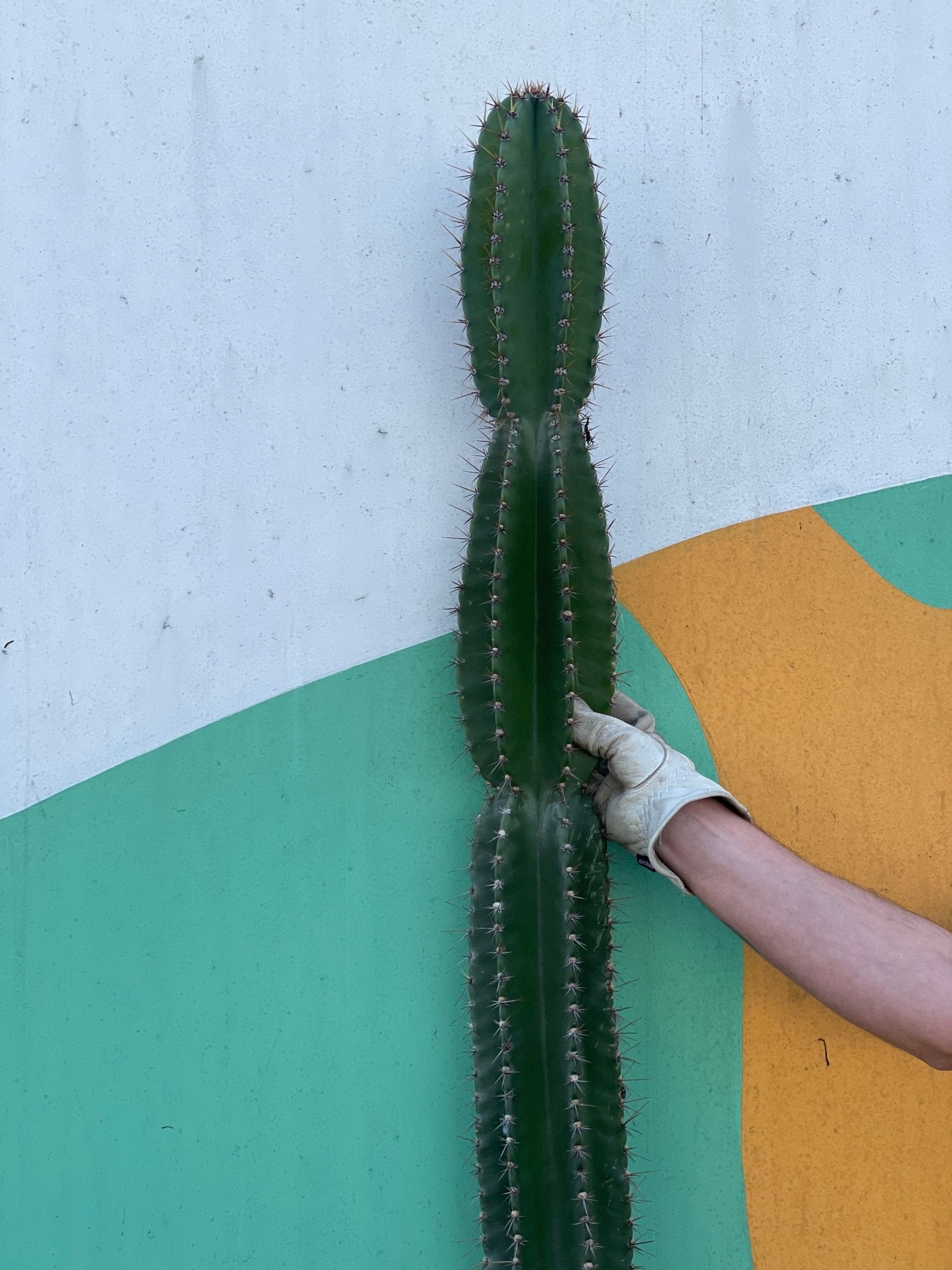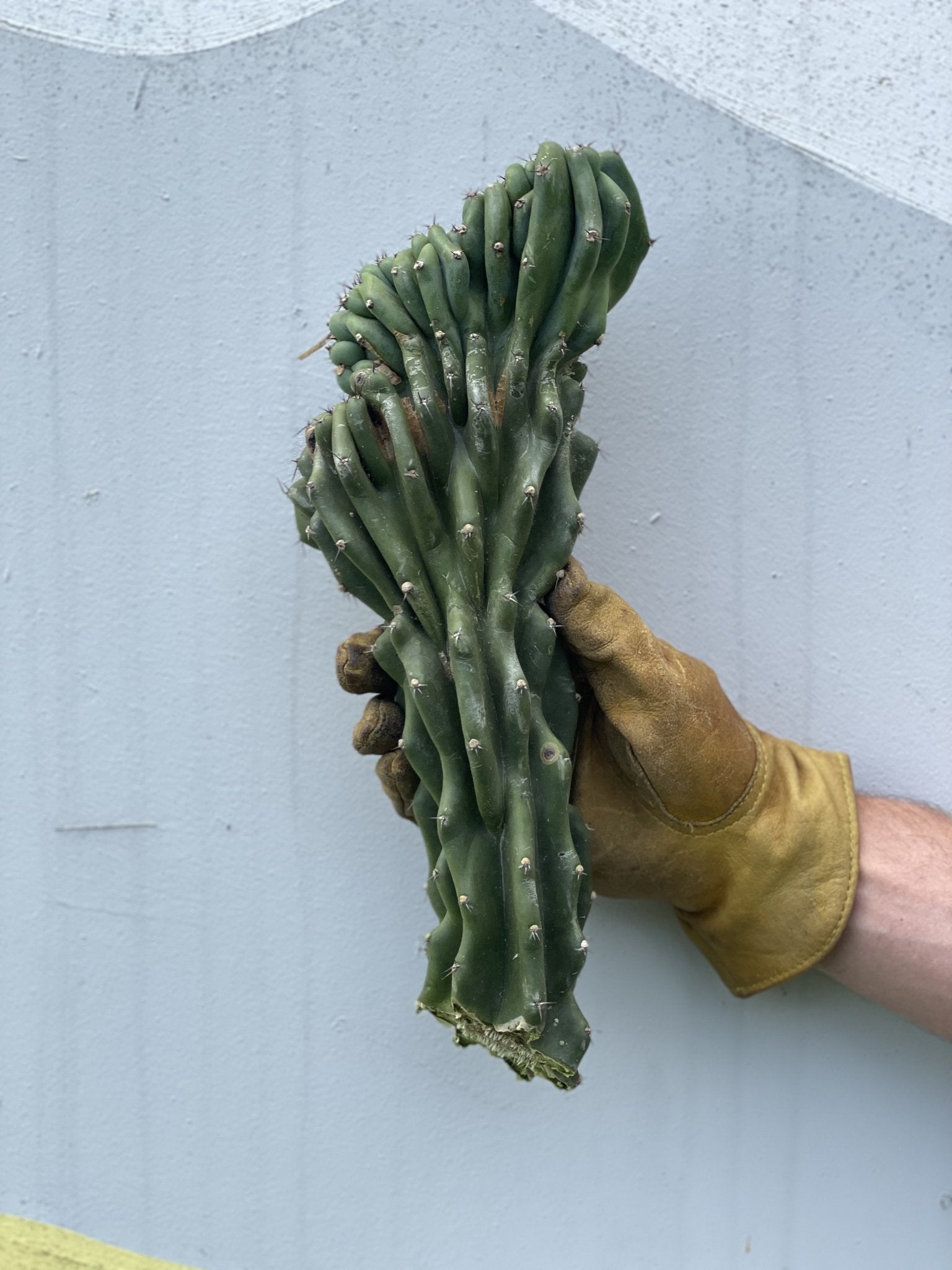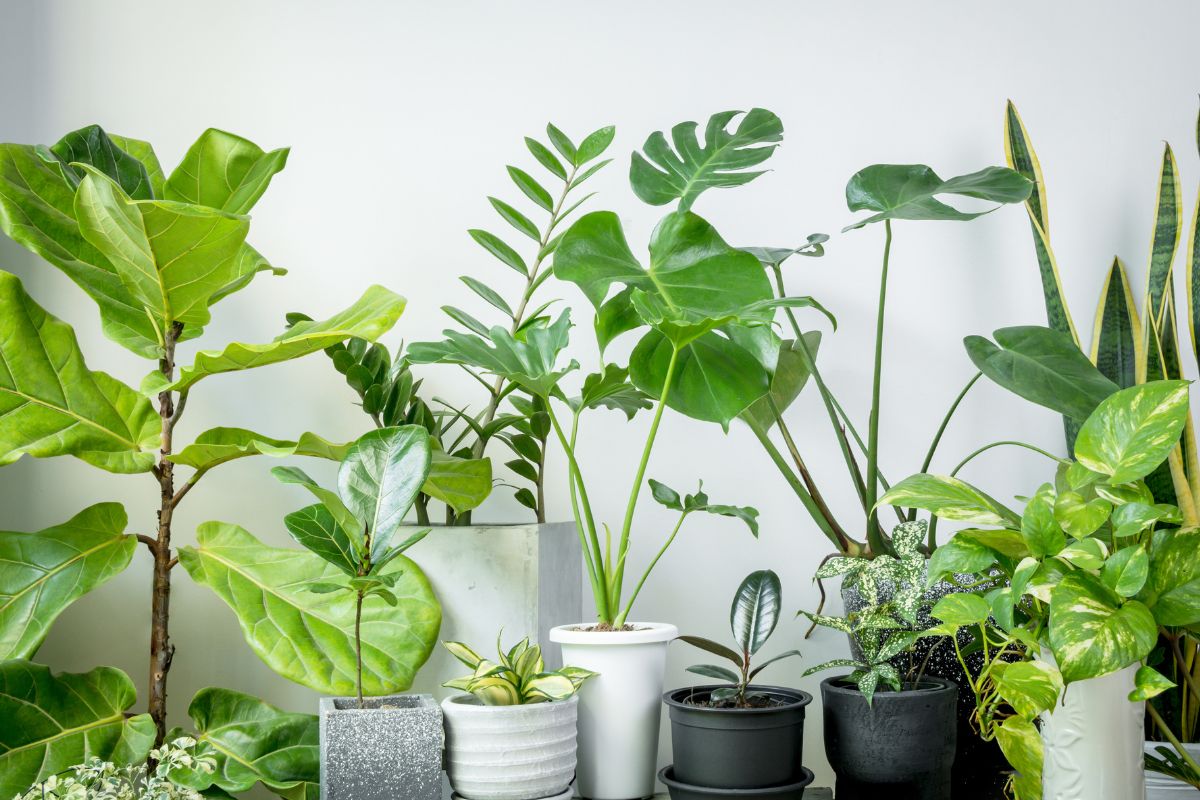Summary:
- Benefits of Tropical Plants: Tropical plants do all this: They purify indoor air, add humidity, and improve mental well-being, making for a more relaxed, healthier environment. In addition to adding leafy foliage and vibrant colors, which we all enjoy, plants can also reduce noise.
- Selecting Suitable Plants: Beginner options such as Monstera, Peace Lily, Bird of Paradise, and Snake Plant are great options for different light and humidity conditions and can be used in various home spaces.
- Caring for Tropical Plants: To keep the environment serene, tropical plants need proper light, humidity, and stable temperature, as well as well-draining soil with the right watering and occasional fertilizing. Plants are maintained by dusting and pruning to keep them fresh and healthy.
People need to have a place in their homes to relax after a long day at work in today’s world. To find tranquility in the daily bustle or enhance the quality of life of a loved one with dementia care in home, one can introduce the natural element of the tropics into one’s home. Tropical plants have beautiful bright or dark green leaves; they clean the air and transform any living space into a calming environment. In this article, the reader will learn the benefits of having tropical plants, how to choose the best ones for your area, and how to properly take care of them so your environment remains calm and healthy.
Advantages of having tropical plants in the home:
- Enhancing Mental Well-being: Greenery has been proven to enhance mood, reduce stress, and create feelings of tranquility. Being rich in colors and diverse, tropical plants are ideal for designing a stress-free environment.
- Air Purification: It is also important to note that natural air-purifying plants prevail in tropical regions. Some indoor plants that can be used include peace lilies, snake plants, and philodendrons. They help eliminate formaldehyde, benzene, and carbon monoxide. Reduced pollution will likely affect mental acuity and positively preserve the respiratory system.
- Improving Humidity Levels: Plants from the tropics are adapted to moist conditions, and in turn, they enforce moisture in a house. This can help reduce symptoms of dry skin and respiratory ailments, particularly during the colder season when the air indoors is much drier.
- Creating a Visual Oasis: Tropical plants are undoubtedly beautiful. Their large, broad leaves and bright colors make them effective in brightening up any room. A carefully chosen assortment of plants is a great point of focus in your home decorating, providing a harmonious ambiance.
- Natural Noise Reduction: Some plants, particularly those with broad leaves, act as noise barriers by minimizing noise in a room. When placed in certain parts of the house, specially chosen tropical plants will help to reduce noise levels and produce a calm and productive atmosphere.
The Right Tropical Plants for Your Space:
When selecting tropical plants, consider the particular conditions of each area of your house. Which plants will thrive is dependent on factors like light, humidity, and temperature. Here are a few popular tropical plants that are easy to maintain and ideal for beginners:
- Monstera Deliciosa: Monstera is known for its striking split leaves, making it a favorite among plant enthusiasts. An easy grower, it does best in indirect light and can grow quite large, making it a great focal plant for a living room or other open space.
- Peace Lily (Spathiphyllum): Peace lilies are low maintenance and thrive in low-light areas, making them ideal for bedrooms or offices. Their white blooms are elegant, and they’re also air-purifying.
- Bird of Paradise (Strelitzia): The bird of paradise is a great statement plant if you’re looking for one. It has big banana-like leaves that look exotic and flourish in bright indirect light.
- Snake Plant (Sansevieria): Mother-in-law’s tongue, also known as this hardy plant, is one of the most forgiving tropical plants. It tolerates low light and minimal watering, making it a great beginner plant.
- Philodendron: Philodendrons come in many shapes and sizes and are adaptable to different light conditions. They’re lovely for hanging baskets or high shelves where their trailing vines can trail.
- Calathea: Known for their colorful foliage, calatheas tolerate low to medium light. These plants like higher humidity, so place them in a bathroom or kitchen where the moisture levels are naturally higher.
Setting up your home environment for tropical plants:
The correct species is only part of creating a serene environment with tropical plants. Here are some essential tips to ensure they flourish and add to your home’s calming ambiance:
Light: Indirect, filtered sunlight - the sort of light found under rainforest canopy - is preferred by most tropical plants. Place your plants near east or west-facing windows, or use sheer curtains to soften the sun. They can scorch their leaves from too much direct sunlight or too little.
Humidity: Tropical plants flourish between 50-70% humidity. If your home has dry air, especially in winter, put a humidifier close to it. You can also group plants together because they tend to cluster together anyway in a humid microenvironment or mist them regularly to mimic a tropical environment.
Temperature: Tropical plants prefer stable warm temperatures from 65-80°F (18-27°C). Don’t put them by drafts, air conditioners, or heaters, as fluctuations in temperature can stress the plants and stall growth.
Soil and Watering: Well-draining soil is often a requirement for tropical plants. A high-quality potting mix made for indoor plants will help prevent waterlogging. Tropical plants are a common mistake of water, so make sure pots have drainage holes and let the soil dry slightly between waterings—tropical plants generally like moist but not soggy soil.
Fertilizing: Regular feeding is beneficial to tropical plants, especially during the growing season (spring and summer). Feed your indoor cactus plants with a balanced, water-soluble fertilizer every few weeks to encourage healthy growth. But beware of overfeeding because too much fertilizer can cause salt buildup in the soil.
Tropical Plant Caring:
Caring for your tropical plants is not hard work and doesn’t have to take much time. Check often for pests like spider mites or aphids that frequently occur indoors. Leaf dust can inhibit photosynthesis and reduce a plant’s air-purifying abilities, so wipe down leaves with a damp cloth to remove dust. Pruning dead or yellowing leaves will make your plants look fresh and healthy.
Conclusion:
This is a wonderful and easy way to add a little piece of paradise to your home. Tropical plants give you a sense of calm, improve air quality, and naturally beautify your surroundings. When properly cared for, tropical plants will thrive and make your home more enjoyable, reminding you every day of the calming power of nature.












Leave a comment